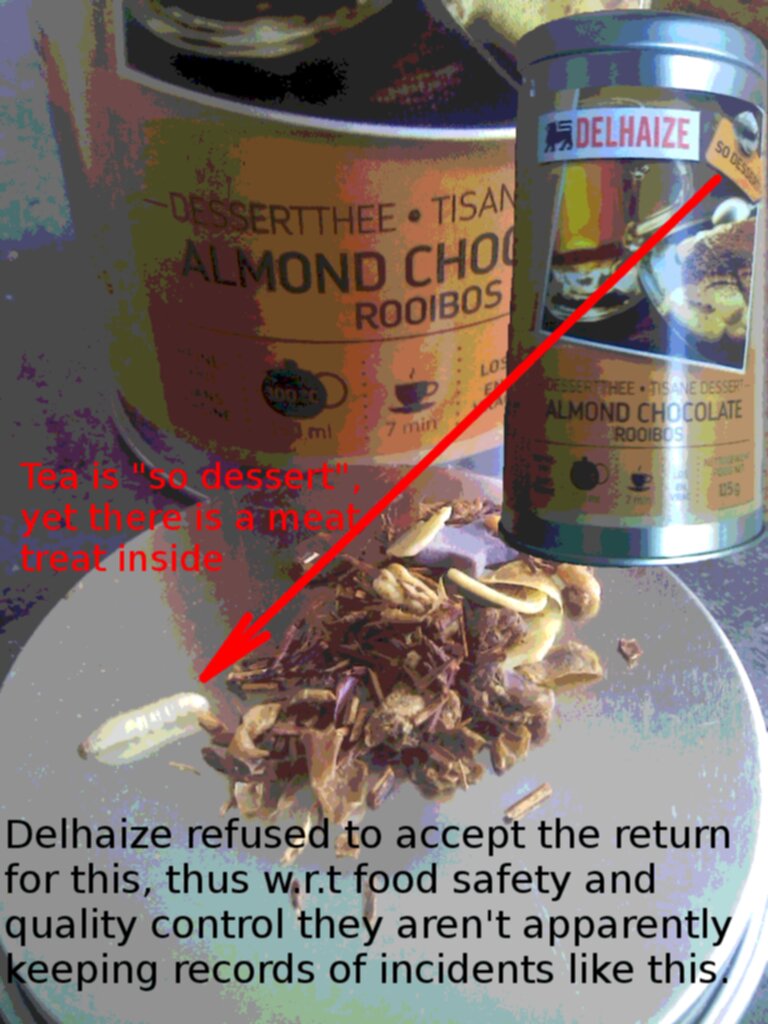this post was submitted on 01 Nov 2024
33 points (88.4% liked)
Public Health
480 readers
276 users here now
For issues concerning:
- Public Health
- Global Health
- Health Systems & Policy
- Environmental Health
- Epidemiology
- etc.
🩺 This community has a broader scope so please feel free to discuss. When it may not be clear, leave a comment talking about why something is important.
Related Communities
- Medical Community Hub
- Medicine
- Medicine Canada
- Premed
- Premed Canada
- Public Health (📍)
See the pinned post in the Medical Community Hub for links and descriptions. link ([email protected])
Rules
Given the inherent intersection that these topics have with politics, we encourage thoughtful discussions while also adhering to the mander.xyz instance guidelines.
Try to focus on the scientific aspects and refrain from making overly partisan or inflammatory content
Our aim is to foster a respectful environment where we can delve into the scientific foundations of these topics. Thank you!
founded 2 years ago
MODERATORS
you are viewing a single comment's thread
view the rest of the comments
view the rest of the comments


I am so much more motivated than the typical consumer. My goal is that when someone else (your typical lazy consumer who may only care to get a refund) returns a can of worms to the grocery store, that the grocer have an obligation¹ to record the food quality/security issue and report it in a way that it gets tracked and ideally in a centralised place.
So indeed as I said, we need to evolve more. We have banks hyper-reporting on mere suspicion of something they perceive as off under excessive AML rules as if there is a gun to their head, yet you bring a real live creepy crawly to a grocer and there is minimal action.. as you say getting swept under the rug as shrinkage.
¹ or pressure of some kind.
How it -should- be and what actually happens when you return don't always match up, sadly. Just giving insight into the reality of how it works from experience working in grocery retail.